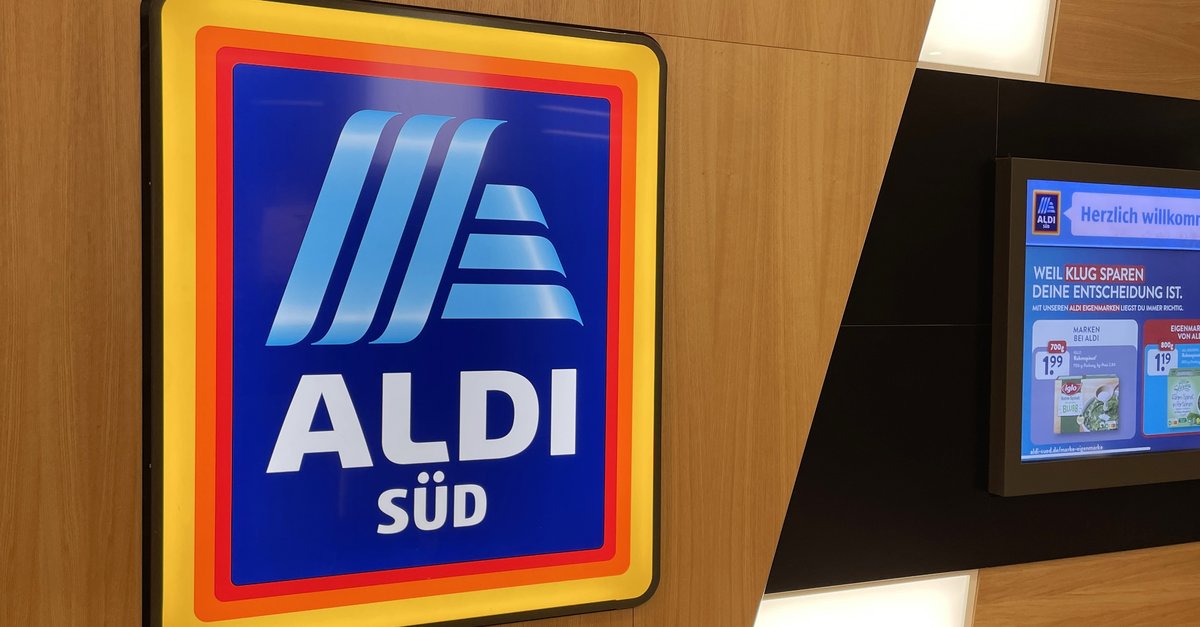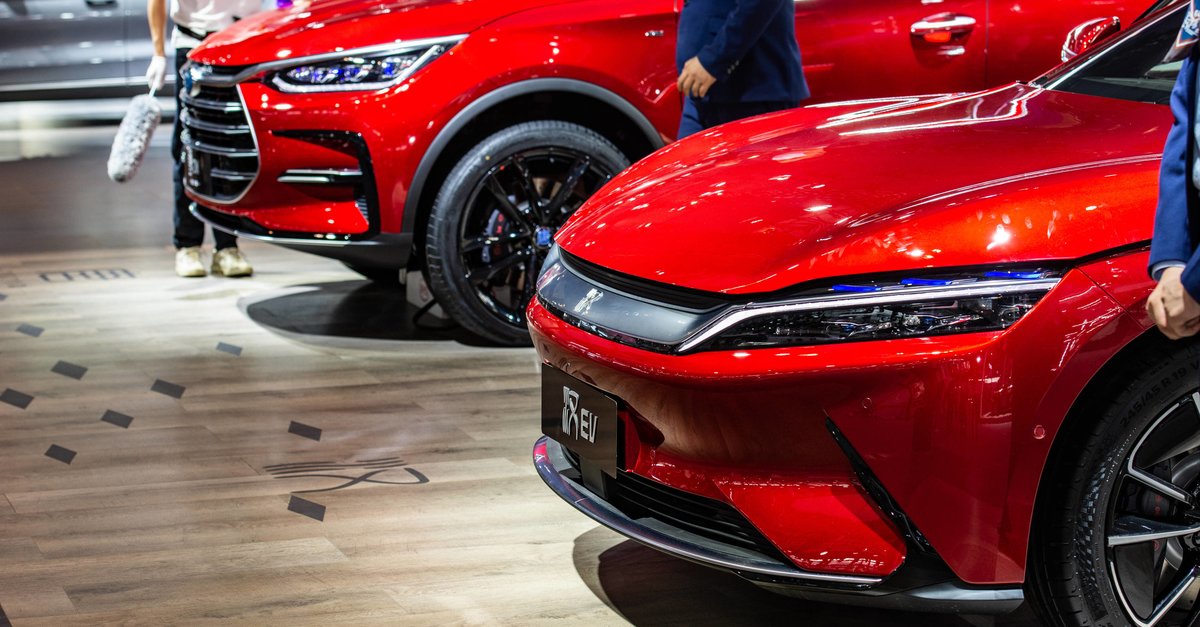Affordable heat pump for every apartment: Start-up creates sensation
Heat pumps are considered the future solution for Germany to become independent of gas. However, the installation and costs of a heat pump are extremely high and it is often not possible to convert an apartment at all, since conversions to the house first have to go through a long process. A US start-up has the solution, which in a modified form could also be of interest for Germany.
The Gradient heat pump is simply hung in the window
Millions of households in Germany heat with gas and should get rid of it. Heat pumps are the solution, but not everyone can afford the expensive conversion or even carry it out. This requires extensive renovation work on the building. A start-up from the USA has found a solution. Gradient has developed a heat pump that is simply hung out of the window. As with a real heat pump or a split air conditioner, the compressor is on the outside and the other part, which cools or heats, is on the inside.
The Gradient heat pump is controlled via a small rotary wheel or an app. So you can regulate the heat or cold from anywhere. Major conversion work is not necessary. If you move, you can simply take the heat pump with you. The cost point is 1,999 US dollarsif you do the installation yourself (look at gradient).
A balcony power plant can supply a lot of energy for your household:
Is that something for Germany?
The Gradient heat pump is not intended for Germany because we have installed other windows. However, the start-up’s idea clearly shows that the classic installation of a heat pump on the house or apartment is not set in stone. When millions of households switch from gas to heat pumps, more and more clever people will find methods of retrofitting them in an existing building. Fan heaters are no solution:
Split air conditioners are one such method. They cost relatively little (check it out on Amazon) and are basically super-efficient air-to-air heat pumps that not only cool, but also heat. But even then, installation is not that easy. The idea of Gradient already goes in the right direction. There will certainly be a few more innovations in this area in the future.


